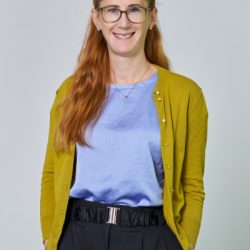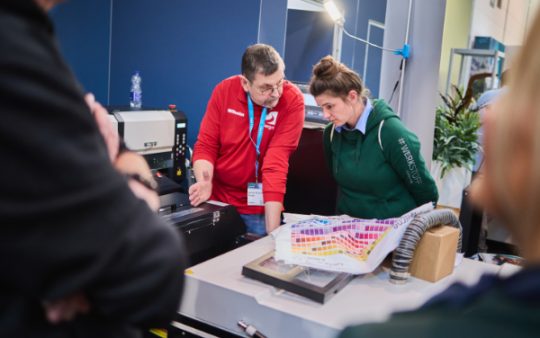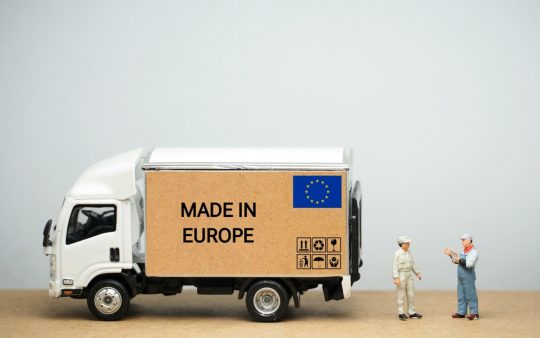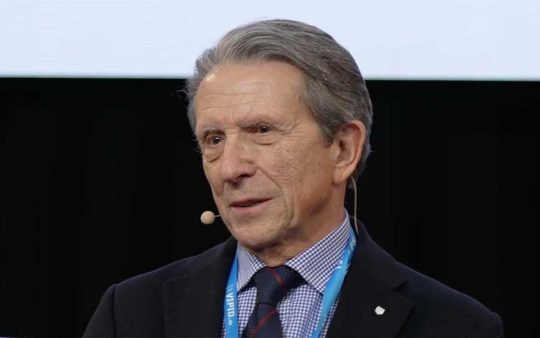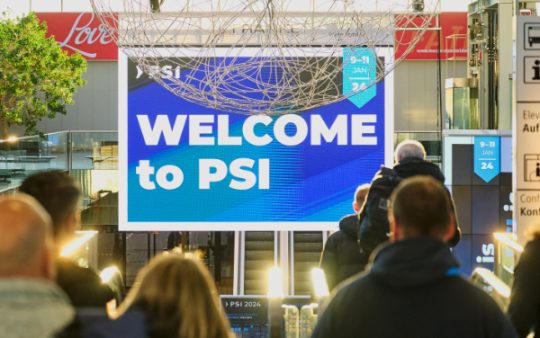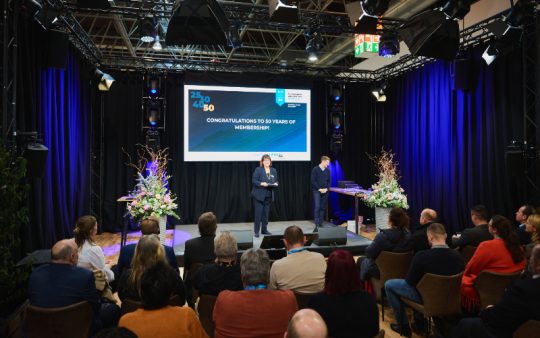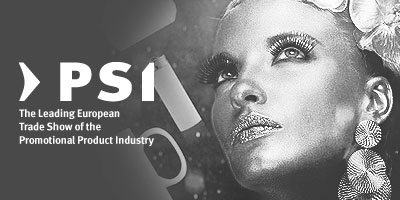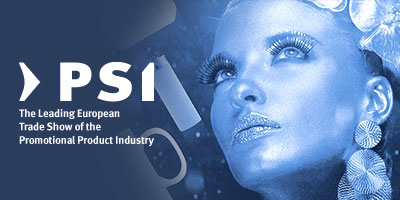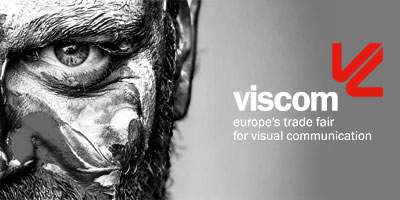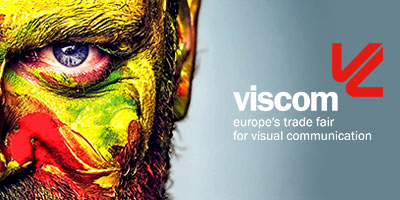More than just ‘a chat with Petra’: PSI connects people.

Published on 18.09.2024
Did you know? PSI is the largest network of its kind in Europe, specializing in the promotional products industry and its market participants. This is why PSI is increasingly ‘on tour’ – whether at international trade fairs or on exclusive delegation trips. These face-to-face meetings not only facilitate direct dialogue between PSI members and their contacts but also provide the opportunity to get to know manufacturers up close and expand expertise in sustainability and production processes. Additionally, international ‘PSI ON TOUR’ meetings open up opportunities to explore new markets and optimize market strategies. After all, PSI Director Petra Lassahn and her team regularly travel from America to the Netherlands and Scandinavia.
On Petra Lassahn’s most recent trip to Stockholm at the end of August, Swedish promotional products distributors took the opportunity to engage deeply. Representatives such as Magnus Hamberg and Anette Hagberg (PSS Profil & Souvenir Sweden), Pierre Segerud (Mälarprofil AB), Cecilia Delham (Exakt Stockholm AB), Lars Hoväng and Linda Ögren (MERi Textil & Reklam), Peter Loso (PGM AB), Henrik Spåre and Mikael Hedenborn (Medtryck Sverige AB), Peter Persson (FF Profilreklam AB), Magnus Borgklint (Brandcommunication AB), Anna Hellsten (Topline AB), and Roger Loberg (Masterdesign AB) shared valuable insights, contributing to a meaningful exchange that will drive the industry forward.


Sustainability as a Key Topic: Sustainability was a central theme in all discussions, with every interviewee addressing it directly. This underscores its crucial importance for the industry. Today, sustainability is not just a trend but a fundamental requirement that must be integrated into product development and marketing.
Smaller Quantities and Shorter Delivery Routes: The shift towards smaller order quantities and shorter delivery routes was another prominent topic. Retailers emphasized the need for flexibility in responding to market demands while reducing the ecological footprint through optimized supply chains. Managing smaller batches and supporting local production are becoming increasingly significant.
Made in Europe: The origin of products was also a major focus in the Stockholm discussions. The quality and sustainability of ‘Made in Europe’ products – whether from Sweden, Germany, or other European countries—were highlighted as particularly important. This preference reflects a demand for regional production, shorter delivery routes, and a reduced ecological footprint.

